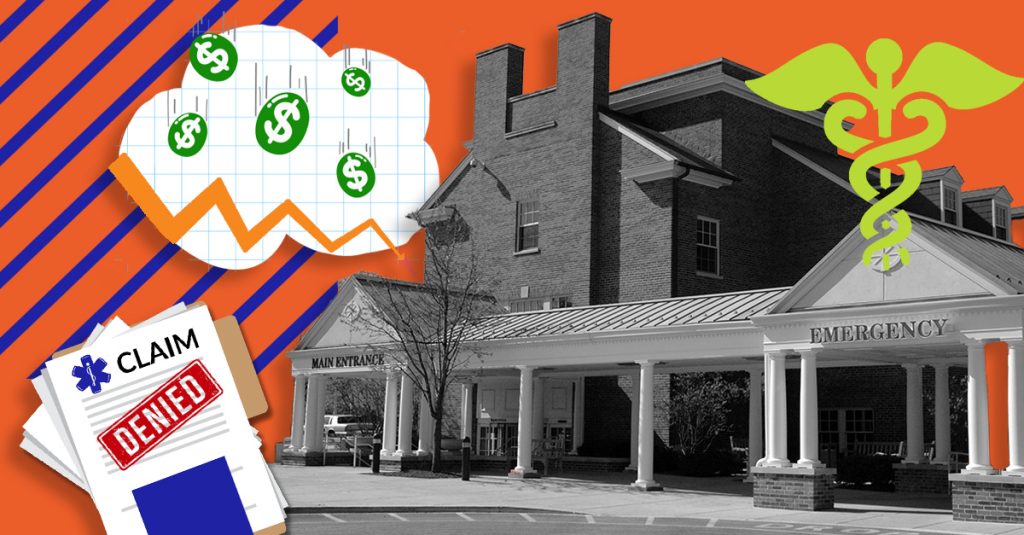The healthcare industry is currently engaged in an AI arms race. Insurers are using advanced algorithms to expedite prior authorizations and claims processing, while providers work hard to keep up. For rural hospitals—already operating on razor-thin margins—the rise of AI-powered payer denials is creating a financial and operational crisis that threatens access to care for millions of people.
AI and the Denial Surge
While insurers argue that AI tools enhance administrative efficiency, providers report a different reality: denials are increasing, and winning appeals has become more challenging. Automated systems can flag claims for rejection in seconds, which results in a growing backlog of paperwork and delayed reimbursements for hospitals. Large health systems often have entire teams dedicated to fighting these denials, but rural hospitals typically do not.
Why Rural Hospitals Are Hit Hard
Rural facilities face unique challenges, including:
- Limited Staff: Many operate with small billing teams who juggle multiple roles.
- Time Constraints: Manual appeals require hours of staff time, diverting them from patient care.
- Financial Fragility: Every denied claim increases the risk of closure.
Recent data shows those rural hospitals experience denial rates of 18%, compared to 10% for their urban counterparts. Managing these denials costs small hospitals an average of $330,000 annually—an overwhelming figure for facilities already struggling to survive. Over 700 rural hospitals are at risk of closure across the nation.
The Human Impact
The statistics represent the real consequences. Patients face longer wait times for treatment approvals. Staff members spend more time on paperwork than on providing bedside care. In some cases, hospitals absorb unreimbursed costs, pushing them closer to insolvency. When these hospitals shut down, communities lose access to essential healthcare.
AI: Opportunity or Threat?
Ironically, the same technology that drives denials could also help rural hospitals fight back. AI-powered revenue cycle tools can predict denial risks, automate appeals, and improve documentation accuracy. However, the adoption of these technologies requires training, infrastructure, and upfront investment—resources that rural hospitals often lack.
What Needs to Change
To address these challenges, several actions are necessary:
- Transparency in AI Use: Insurers should disclose how algorithms influence prior authorization decisions.
- Policy Reform: Federal and state regulations must ensure human oversight in AI-driven decisions.
- Investment in Rural Tech Enablement: Grants and partnerships can help small hospitals access affordable AI tools.
Bottom Line
AI is transforming healthcare, but its benefits are not distributed evenly. For rural hospitals, the technology gap is widening, increasing the risk of closures that could devastate entire communities. Without urgent action, the promise of AI could turn into a peril for the most vulnerable providers.
Learn How Ailevate Can Help
Ailevate Revenue Recovery empowers healthcare organizations to navigate the complexities of recovering denied claims with an AI-driven solution tailored to rural and community hospitals. Ailevate helps providers reduce administrative burden, accelerate reimbursements, and protect financial stability—so they can focus on what matters most: patient care.
